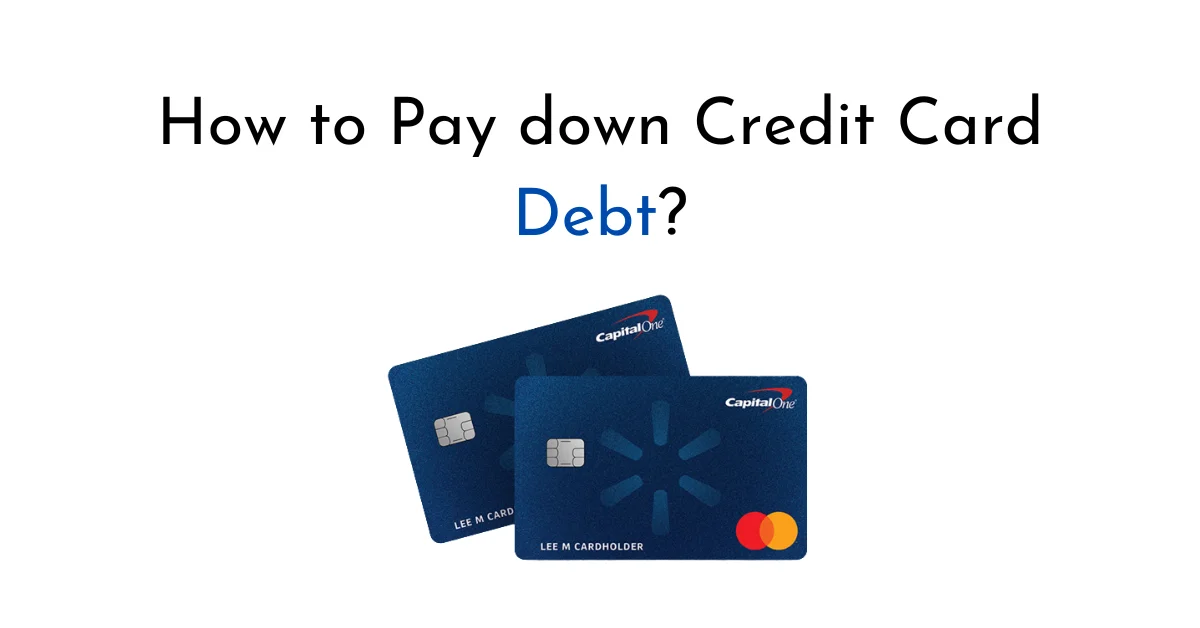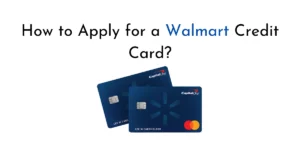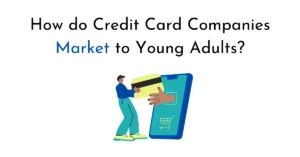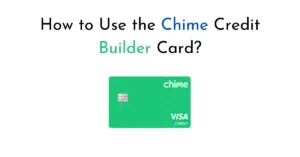Credit card debt can quickly accumulate and become a burden on your financial well-being.
If you find yourself struggling with credit card debt, it’s crucial to take proactive steps to pay it down and regain control of your finances.
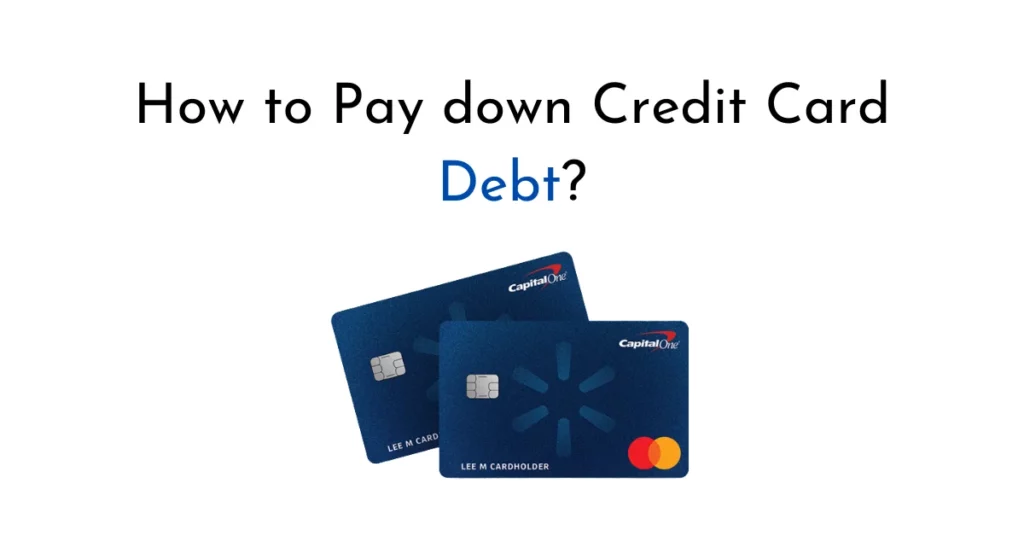
Here I’m going to tell you effective strategies to help you pay down credit card debt and achieve financial freedom. By implementing these strategies, you can take charge of your debt and work towards a debt-free future.
Understanding Credit Card Debt
Before diving into the strategies, let’s briefly understand how credit card debt works. When you make purchases with your credit card, you borrow money from the card issuer.
If you don’t pay off the full balance by the due date, interest charges are applied to the remaining balance. Over time, high-interest rates can cause your debt to grow substantially, making it challenging to pay off.
how to pay down credit card debt
Here are some effective strategies to help you pay down credit card debt:
- Create a Budget: Start by evaluating your income, expenses, and debt obligations. Develop a realistic budget that allocates a portion of your income towards paying down your credit card debt. Identify areas where you can cut back on discretionary spending and redirect those funds towards debt repayment.
- Snowball Method: The snowball method involves paying off the smallest credit card debt first while making minimum payments on the other cards. Once the smallest debt is paid off, take the amount you were paying towards that debt and apply it to the next smallest debt. This approach builds momentum as you eliminate debts one by one, providing a sense of accomplishment and motivation.
- Avalanche Method: With the avalanche method, prioritize paying off credit cards with the highest interest rates first. Make minimum payments on all cards while allocating extra funds towards the card with the highest interest rate. Once that debt is paid off, move on to the next highest interest rate card. This method minimizes the amount of interest paid over time.
- Debt Consolidation: Consider consolidating your credit card debt into a single loan or balance transfer credit card with a lower interest rate. This allows you to combine multiple debts into one, simplifying your repayment efforts and potentially reducing your overall interest charges.
- Negotiate Lower Interest Rates: Reach out to your credit card issuers and negotiate for lower interest rates. If you have a good payment history and a strong credit score, they may be willing to reduce your interest rate, making it easier to pay down your debt.
- Increase Your Income: Look for ways to boost your income to accelerate debt repayment. Consider taking on a part-time job, freelancing, or selling unused items to generate additional funds that can be applied towards paying down your credit card debt.
- Track Your Expenses: Keep a record of your expenses to identify areas where you can cut back. Use budgeting apps or spreadsheets to track your spending and ensure you stay within your budgeted limits. This practice helps you become more mindful of your spending habits and reduces the likelihood of accumulating further debt.
- Seek Professional Help: If you’re struggling to manage your credit card debt on your own, consider reaching out to a reputable credit counseling agency. They can provide guidance, negotiate with creditors on your behalf, and help you develop a realistic debt management plan.
Tips to Avoid Accumulating More Credit Card Debt
As you work towards paying down your credit card debt, it’s essential to prevent further accumulation. Here are some tips to help you avoid adding to your debt:
- Pay in Cash: Use cash or a debit card instead of relying on credit cards for everyday purchases. This helps you stay within your budget and avoid incurring more credit card debt.
- Stick to a Needs-First Approach: Differentiate between wants and needs when making purchasing decisions. Prioritize essential expenses and avoid unnecessary or impulsive purchases that can contribute to more debt.
- Build an Emergency Fund: Establish an emergency fund to cover unexpected expenses. Having a financial safety net reduces the need to rely on credit cards during emergencies, preventing further debt accumulation.
- Avoid Minimum Payments: Whenever possible, pay more than the minimum payment required on your credit card. Minimum payments primarily cover interest charges, prolonging the time it takes to pay off the debt. By paying more, you chip away at the principal balance more quickly.
- Pause or Limit Credit Card Usage: Temporarily pause or limit the use of your credit cards while you focus on paying down your debt. This reduces the temptation to make unnecessary purchases and helps you maintain financial discipline.
Key Takeaways
Paying down credit card debt requires commitment and a strategic approach. Here are the key takeaways to guide you on your journey to becoming debt-free:
- Assess Your Financial Situation: Understand the depth of your credit card debt and analyze your income and expenses to develop a realistic debt repayment plan.
- Choose a Strategy: Select a debt repayment strategy that aligns with your goals and preferences. The snowball and avalanche methods are popular approaches, but debt consolidation or negotiation may be suitable alternatives.
- Create a Budget: Establish a budget that allows you to allocate funds towards debt repayment while covering your essential expenses. Track your spending to ensure you stay on track.
- Avoid Additional Debt: Take steps to prevent further accumulation of credit card debt. Cut back on unnecessary expenses, pay with cash or debit cards, and build an emergency fund for unexpected costs.
- Seek Professional Guidance: If you’re struggling to manage your debt, consider reaching out to a credit counseling agency for assistance and support.
Frequently Asked Questions (FAQs)
Q: How fast can I pay off $3,000?
A: The time it takes to pay off $3,000 depends on various factors, including your financial situation and repayment strategy. However, with dedication and proper planning, you can pay off $3,000 relatively quickly.
For instance, if you allocate an extra $300 per month towards your debt repayment, you can pay off the $3,000 in approximately 10 months.
Q: Should I pay off my credit card in full or leave a small balance?
A: It is generally recommended to pay off your credit card balance in full if you can afford to do so. Paying your credit card in full helps you avoid interest charges and keeps your credit utilization ratio low, which can positively impact your credit score.
Leaving a small balance may result in unnecessary interest charges, so it’s generally better to pay off your credit card in full whenever possible.
Q: Is it better to pay off a credit card or lower the balance?
A: When it comes to credit card debt, it is generally better to focus on paying off the balance rather than just lowering it. Paying off the balance in full helps you avoid interest charges and reduces the overall debt burden.
Lowering the balance without fully paying it off may still result in ongoing interest charges, making it harder to become debt-free.
Q: Is $5,000 a lot of credit card debt?
A: Whether $5,000 is considered a lot of credit card debt depends on individual circumstances. While it may not be an exorbitant amount compared to some higher debts, it can still be significant for many people.
It’s important to assess your financial situation, income, and ability to repay the debt comfortably. Regardless of the amount, it’s advisable to work towards paying off credit card debt promptly to avoid accumulating additional interest charges.
Q: Do normal people have credit card debt?
A: Yes, it is common for many individuals to have credit card debt. Credit cards are widely used for everyday expenses, emergencies, and convenience.
The amount of credit card debt varies among individuals, and some may carry little to no debt while others may have significant balances.
It’s essential to manage credit card debt responsibly and work towards paying it off to maintain healthy financial habits.
